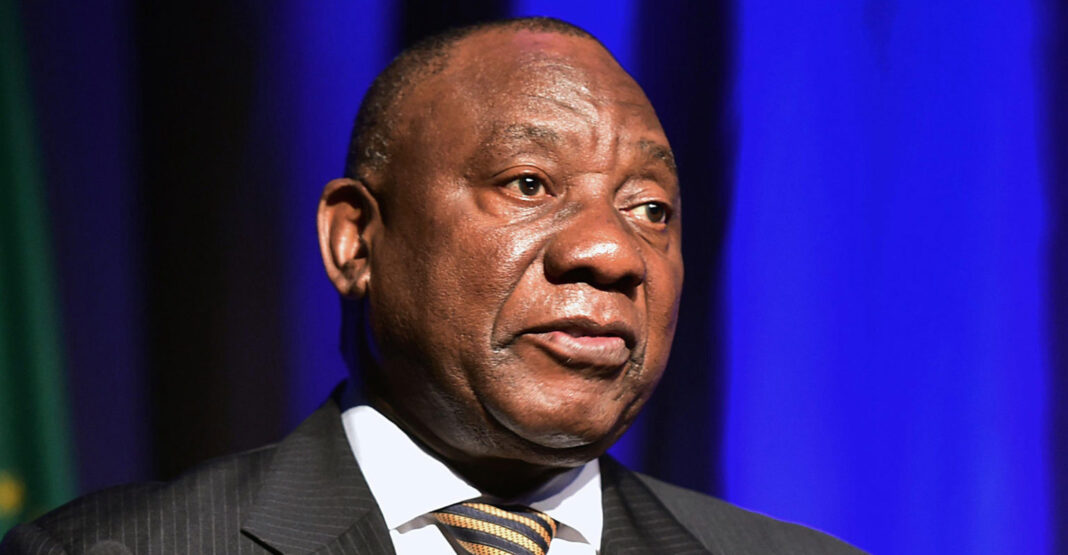By Johnathan Paoli
Following the United States presidential election, President Cyril Ramaphosa has added his congratulations to President-Elect Donald Trump on his victory, expressing his anticipation for continued collaboration between the two nations.
Reacting on social media platform X, Ramaphosa expressed optimism at the Republican’s second term in the White House.
“Congratulations to United States President-Elect Donald Trump on your return to the Presidency. I look forward to continuing the close and mutually beneficial partnership between our two nations across all domains of our cooperation,” he said.
Ramaphosa also highlighted South Africa’s upcoming presidency of the G20 in 2025, emphasising the importance of working with the US, which will succeed South Africa in the G20 presidency in 2026.
Trump’s victory has prompted responses from a wide range of world leaders, some offering robust congratulations, while others voiced more cautious optimism about future relations.
In other parts of the continent, leaders also voiced optimism regarding Trump’s second term.
Nigerian President Bola Tinubu praised the potential for a renewed and mutually beneficial partnership between the US and Africa, and highlighted the need for economic cooperation and joint efforts to tackle global challenges.
Egyptian President Abdel Fattah el-Sisi stressed his hopes for a continued US role in promoting peace and regional stability, particularly regarding the Israel-Palestine issue and the broader Middle East peace process.
Ethiopian Prime Minister Abiy Ahmed echoed similar sentiments, expressing his eagerness to further strengthen the relationship between the two countries.
Indian Prime Minister Narendra Modi, a long-time ally of Trump, expressed his “heartiest congratulations,” emphasising the strength of the India-US strategic partnership, and underscored the shared goal of promoting global peace and stability through deeper cooperation between the two nations.
Israeli Prime Minister Benjamin Netanyahu was among the first to extend his congratulations, calling Trump’s return a “new beginning” and reaffirming the strong US-Israel alliance.
Similarly, Qatari Emir Sheikh Tamim bin Hamad Al-Thani expressed his hope for ongoing collaboration to promote security and stability, especially in the Middle East.
European leaders, including German Chancellor Olaf Scholz and French President Emmanuel Macron, have indicated a willingness to work with the new US administration, despite the uncertainties that often come with a leadership change in Washington.
“Germany and the US have for a long time successfully worked together to promote prosperity and freedom,” Scholz said.
NATO Secretary General Mark Rutte also expressed his optimism for the future, saying that Trump’s leadership would be crucial for maintaining a strong and united alliance.
While many leaders have shown eagerness to collaborate with Trump, reactions from Russia and Ukraine have been notably divergent.
Ukrainian President Volodymyr Zelenskyy quickly congratulated Trump, recalling a productive meeting with the former president in September where they discussed strategic cooperation on Ukraine and the ongoing conflict with Russia.
Zelenskyy said he hoped that Trump’s “peace through strength” approach would lead to a resolution of the war in Ukraine.
In contrast, the Kremlin’s response has been more reserved, with spokesperson Dmitry Peskov saying that there were no plans for Russian President Vladimir Putin to congratulate Trump, given the current tense state of US-Russia relations.
Despite this, former Russian president Dmitry Medvedev, now a senior defence official, offered a more detailed analysis, suggesting that Trump’s business-oriented approach could benefit Russia, particularly in reducing spending on international alliances and projects.
INSIDE POLITICS

